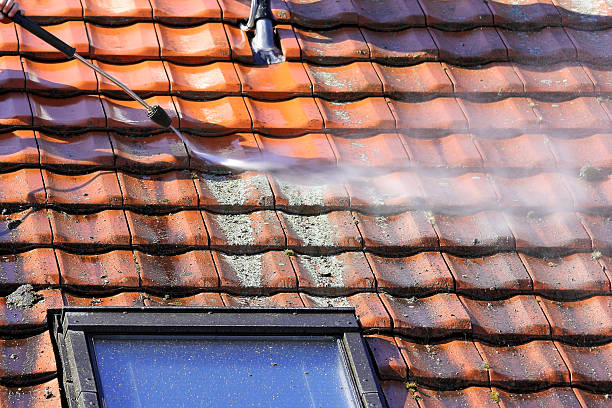In envisioning a sustainable business future, the choice of eco-friendly cladding emerges as a pivotal element in fostering environmental responsibility and resilience. Cladding, the outer layer of a building, plays a crucial role not only in aesthetic appeal but also in energy efficiency and overall environmental impact. Opting for sustainable cladding materials signifies a commitment to reducing the carbon footprint of a business, contributing to the global imperative of mitigating climate change. One exemplary choice for eco-friendly cladding is reclaimed wood. Utilizing salvaged timber not only imparts a unique and authentic character to the facade of a building but also directly addresses deforestation concerns. By repurposing wood from older structures, businesses actively participate in the circular economy, minimizing waste and promoting resource efficiency. Another commendable option is the use of recycled metal cladding. By investing in sustainable cladding, companies not only contribute to global environmental goals but also position themselves as leaders in the transition to a more sustainable and responsible business paradigm.

Materials such as aluminum or steel, sourced from post-consumer or industrial waste, can be repurposed into durable and aesthetically pleasing cladding solutions. This not only reduces the demand for virgin metals, with their associated environmental costs in extraction and processing but also diverts materials from landfills. The integration of recycled metal cladding aligns with the principles of a circular economy, where materials are continually cycled and reused, fostering a regenerative and closed-loop approach to resource management. Furthermore, embracing cutting-edge technologies like photovoltaic cladding can transform a business into a net contributor to the energy grid. Solar cladding systems harness sunlight to generate clean and renewable energy, simultaneously providing shade and weather protection. By investing in such innovative solutions, businesses not only reduce their reliance on conventional energy sources but also showcase a commitment to sustainability that resonates with environmentally conscious consumers of hire roof cleaning service in Northwich.
The installation of photovoltaic cladding can turn a building into a sustainable energy hub, contributing to the overall reduction of greenhouse gas emissions. Beyond the tangible environmental benefits, the choice of eco-friendly cladding also holds the potential to enhance a company’s brand image. In an era where consumers increasingly prioritize ethical and sustainable practices, businesses that prioritize eco-friendly building materials demonstrate a commitment to corporate social responsibility. This not only attracts environmentally conscious consumers but can also serve as a competitive advantage in a market where sustainability is becoming a key differentiator. In conclusion, the adoption of eco-friendly cladding stands as a cornerstone in the construction of a sustainable business future. Whether through the use of reclaimed wood, recycled metal, or innovative photovoltaic solutions, businesses have the power to align their physical structures with a commitment to environmental stewardship.
